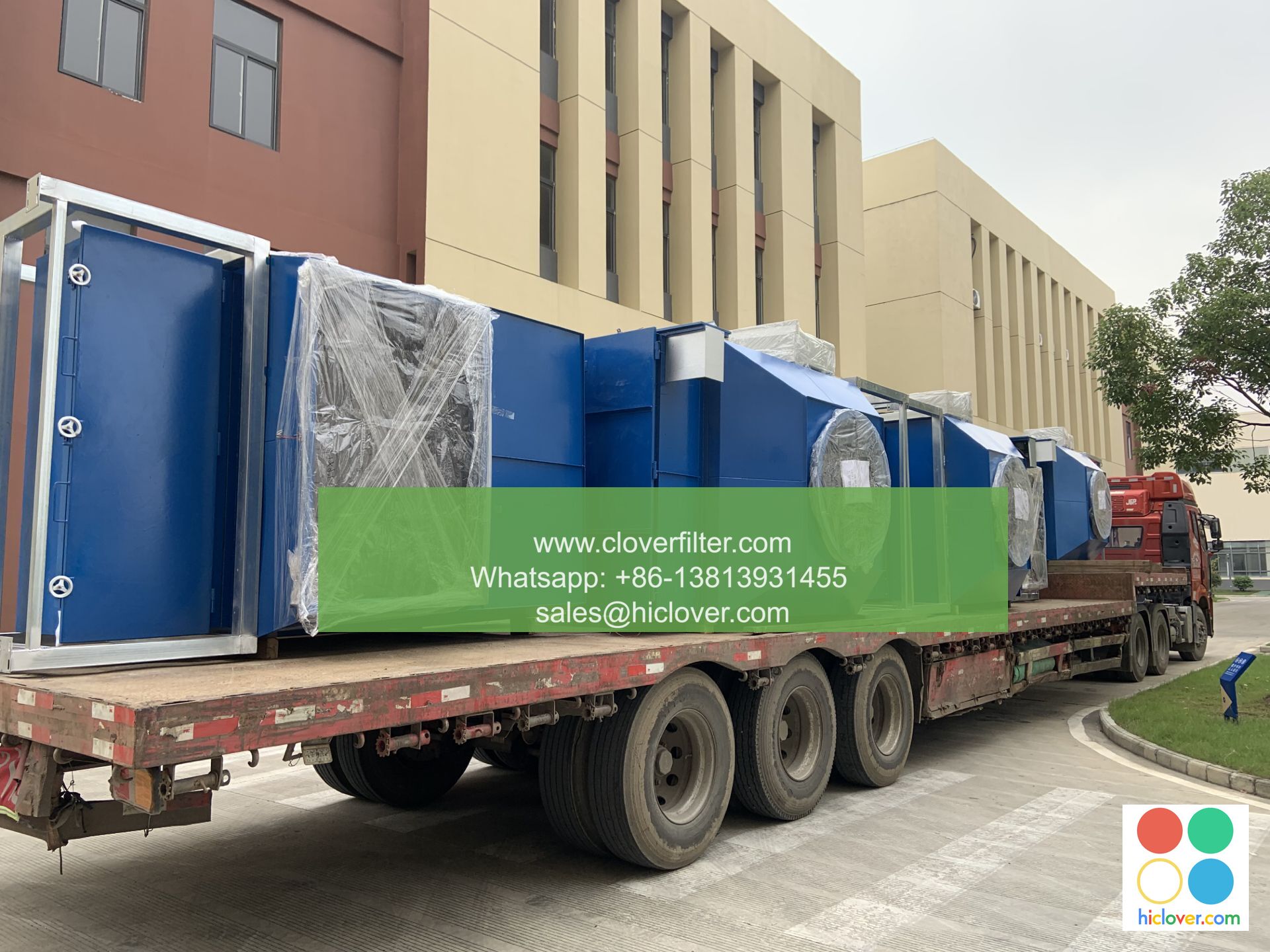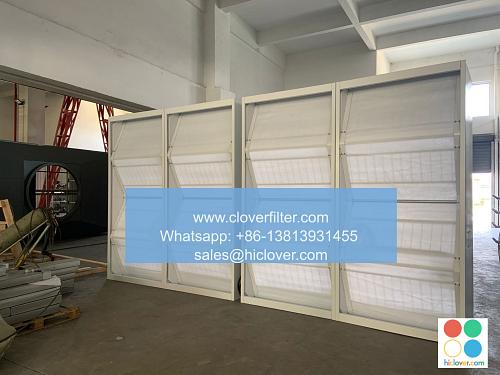The Cancer Link to Air Filters: Separating Fact from Fiction

The topic of air filters and their potential link to cancer has been a subject of much debate in recent years. As indoor air quality becomes an increasingly important concern, many people are wondering if the air purification systems they use in their homes and offices are actually doing more harm than good. In this article, we will delve into the world of air filtration and explore the cancer link to air filters, separating fact from fiction and highlighting various application areas.
What are Air Filters and How Do They Work?
Air filters are designed to remove pollutants and particulate matter from the air, improving indoor air quality and reducing the risk of respiratory problems. They work by using a filtration medium, such as activated carbon or HEPA filters, to capture particles and gases in the air. However, some air filters have been found to emit volatile organic compounds (VOCs) and ultrafine particles, which can be cancer-causing and hazardous to human health.
The Cancer Link: Fact or Fiction?
While some air filters have been linked to an increased risk of cancer, the evidence is not conclusive. Studies have shown that ionizing air purifiers, which use ionization technology to remove particles from the air, can emit ozone and nitrogen dioxide, both of which are known cancer-causing agents. However, other types of air filters, such as mechanical air purifiers, which use HEPA filters to capture particles, have not been linked to an increased risk of cancer.
Application Areas: Where Are Air Filters Used?
Air filters are used in a variety of application areas, including:
* Residential buildings: to improve indoor air quality and reduce the risk of respiratory problems
* Commercial buildings: to reduce the risk of airborne illnesses and improve productivity
* Industrial settings: to remove hazardous particles and gases from the air
* Healthcare settings: to reduce the risk of hospital-acquired infections and improve patient outcomes
Reducing the Cancer Risk: What Can You Do?
While the cancer link to air filters is still being researched, there are steps you can take to reduce your risk:
* Choose the right air filter: opt for mechanical air purifiers that use HEPA filters instead of ionizing air purifiers
* Use air filters in conjunction with other indoor air quality measures: such as ventilation systems and air conditioning
* Regularly maintain and replace your air filters: to ensure they are working efficiently and effectively
Conclusion
The cancer link to air filters is a complex issue that requires further research. While some air filters have been linked to an increased risk of cancer, others have not. By separating fact from fiction and understanding the application areas of air filters, you can make informed decisions about your indoor air quality and reduce your risk of cancer. Remember to choose the right air filter, use it in conjunction with other indoor air quality measures, and regularly maintain and replace your air filters to ensure a healthy and safe indoor environment. It seems like you’re ready to start a conversation or get some information, but you haven’t specified what you’re looking for yet. Could you please provide more details or clarify your request? This will help me give you a more accurate and helpful response.

